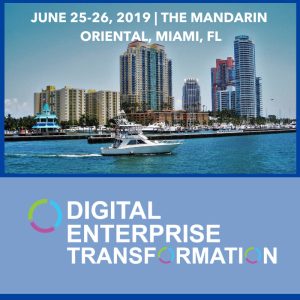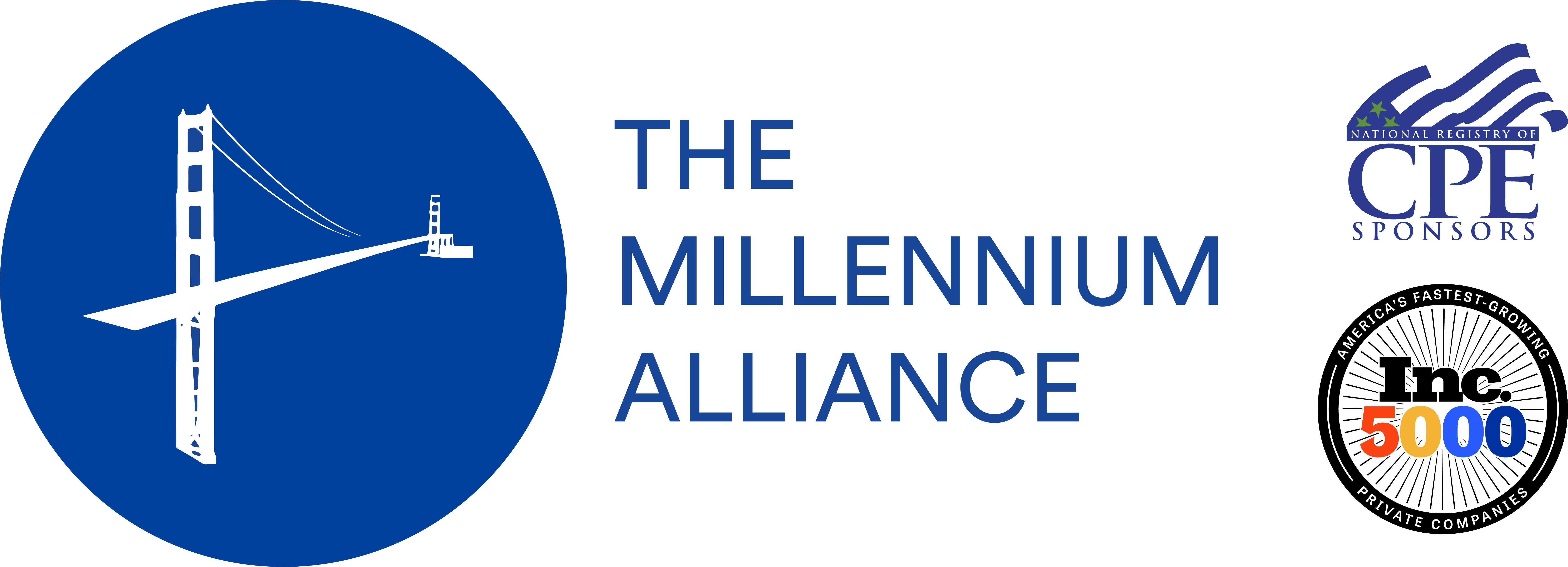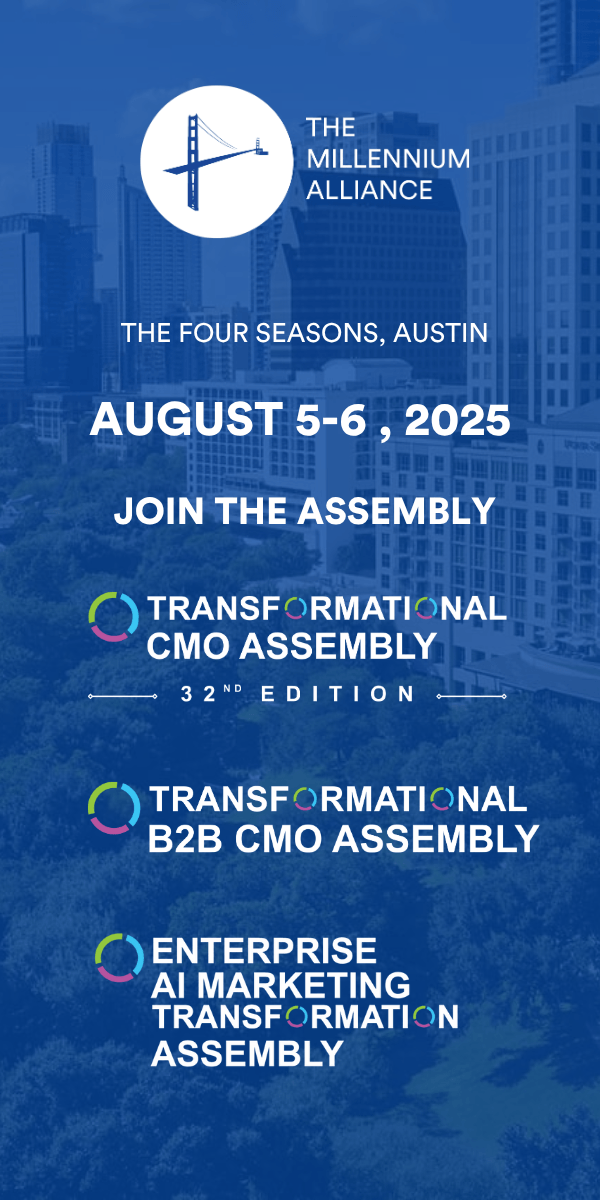While it’s more straightforward and obvious for those that have started out as digitally-native companies, like Netflix, to think data-first, it’s a lot harder for legacy companies that are just beginning their digital transformation journey.
This article is written by Sanjeev Sharma, Vice President, Global Practice Director – Data Modernization at Delphix.
Imagine a company with a $13 billion annual budget and 139 million customers across 120 countries. The company is also in the entertainment media industry, which is traditionally known for making gut decisions by Hollywood buffs, TV personalities, and entertainment moguls.
“Nobody knows anything. Not one person in the entire motion picture field knows for a certainty what’s going to work. Every time out it’s a guess and, if you’re lucky, an educated one,” William Goldman, screenwriting star, famously quoted in his book Adventures in the Screen Trade.
And this media company uses data to collect deep insights into every customers’ preferences and usage habits in real-time, empowering them to make almost all strategic and tactical business and operational decisions based on data.
You’ve guessed it – this company is Netflix. Unlike its rivals, who are legacy media behemoths, Netflix uses data to drive every decision, from content development to its creative and marketing strategies. There’s no doubt Netflix is a modern data company in today’s digital era, and its impact is felt across industries.
How Much Data Does Netflix Use?
Netflix has emerged as a titan in the media industry. Netflix CEO Reed Hastings told CNBC he sees the business as “mostly a content company powered by tech.” But its digital business model has allowed the company to collect huge amounts of customer data, which in turn has powered their success. Netflix is built on the power of data, which has enabled them to successfully compete with major movie studios, TV networks as well as tech giants, like Apple.
Data exists everywhere within an enterprise, including databases, data warehouses, data lakes, CRM tools, and ERP systems. But in order to leverage that information, it’s critical you understand how to access, refine, apply, and manage that data to make smart business decisions. For Netflix, the brand’s data philosophy encompasses 3 key tenets:
- Data should be accessible, easy to discover, and easy to process for everyone.
- The longer you take to find the data, the less valuable it becomes.
- Whether your dataset is large or small, being able to visualize it makes it easier to explain.
This data philosophy has enabled them to uniquely personalize the Netflix experience for each and every one of their customers through data collected on subscriber viewing habits, recommendations, ratings, and more. While it’s more straightforward and obvious for those that have started out as technology-based companies, like Netflix, to be digital and think data-first, it’s a lot harder for legacy companies that are just beginning their digital transformation journey.
Why Your Data Strategy is Failing
If you’re not yet a market leader and slow to adopt changes, how do you fight back? Think DataOps. DataOps is an emerging approach to addressing data-related challenges. It spans change across process, technology, and people to help an organization become a data company. Research by leading analyst firm 451 Research found that enterprises around the world are planning a significant investment in the ever-growing discipline of DataOps.
Let’s take a step back and think back to the first two core tenets of Netflix’s data philosophy: one – data should be accessible, easy to discover, and easy to process for everyone; two – the longer you take to find the data, the less valuable it becomes. These are the core challenges that enterprises face when it comes to maturing into successful data companies.
In most organizations, the access and availability of data is controlled and managed through a centralized group of database administrators (DBAs) with no self-service capabilities for practitioners who need data. Data access and availability remains a set of ticket-driven manual processes with excessive workloads being put on the DBAs to do repetitive low-value tasks. But data should be accessible by those who need it, when they need, and where they needed in real time.
As organizations evolve to newer, modern technology stacks without retiring older stacks completely (still waiting on the mainframe to go away as predicted in the 90s), or through acquisitions where they bring in an entirely new set of platforms, data is sprawled across heterogeneous sets of data stores – many of which are not compatible with each other and may even have multiple versions of the same database in use in different parts of the organization.
This sprawl of data store technologies further expands with the addition of cloud-native, fit-for-purpose data stores that developers are beginning to adopt as they develop new cloud-native applications, which have a different need as opposed to traditional relational databases.
In addition, most companies lack even basic inventories of their data. The absence of good data classification makes it difficult, or in most cases, impossible to manage and govern data based on its risk-value profile and category. All the data ends up being treated in the same manner, with the same governance overhead and restrictions, which makes data less usable than it can be, and of course, makes it difficult to find the right data. You simply can’t manage what you don’t understand.
Adopting DataOps to Win the Innovation Game
A recent NewVantage Partners survey revealed that all is not good in the world of big data, artificial intelligence (AI), and machine learning (ML). Fifty-three percent of respondents reported they’re not treating data as a business asset while 52 percent admitted they aren’t competing on data and analytics.
These are staggering statistics given the focus we, as an industry, have had in big data, analytics and AI/ML initiatives. The reason behind these dismal results are front and center: organizations have not yet forged a data culture. They have not transformed their organization into a data company, like Netflix.
Organizations need to rethink their data management and governance processes as well their data-related technology stacks, and most importantly, companies need to reconstruct their organizational structures to build a data-driven culture.
DataOps is an emerging approach to addressing data-related challenges. It spans change across process, technology, and people (culture) to help an organization become a data company. Findings from the latest 451 Research report shows enterprises around the world are planning a significant investment in the ever-growing discipline of DataOps.
These challenges are not trivial to address. A foundational change in how data is accessed, managed, secured, and leveraged across the enterprise through a DataOps approach is essential in dramatically modernizing your data strategy while achieving regulatory compliance with today’s new privacy laws and growing number of data breaches. On the flip side, addressing the organizational and cultural challenges is a whole different ball game that requires an enterprise-wide transformational effort that senior leadership will have to drive from the inside out, but we’ll save that story for next time.You have more data in more places than ever before. Learn how our DataOps platform can make data fast and secure for access across your enterprise.
If you like what you read, you can meet Delphix at our Digital Enterprise Transformation Assembly in Miami, Florida on June 25-26th to learn more.
ABOUT DIGITAL ENTERPRISE TRANSFORMATION ASSEMBLY 
The Millennium Alliance is thrilled to present our bi-annual Digital Enterprise Transformation Assembly, put together by the industry, for the industry. Join us in Miami, FL. for a series of executive education roundtables, keynote presentation
ns, collaborative think tanks, educational workshops, and networking sessions will offer industry-specific topics and trends to ensure your company maintains its competitive advantage.
As more and more businesses look to digital technology and strategies to transform their business, CIOs know that data and information technology have never been more important. Understanding the convergence of mobile, social, and cloud is the first critical step for organizations looking to create opportunities and stay ahead of the competition.

Are you a CIO or CTO interested in attending this event? Inquire here today to find out if you qualify for Millennium Membership >>










